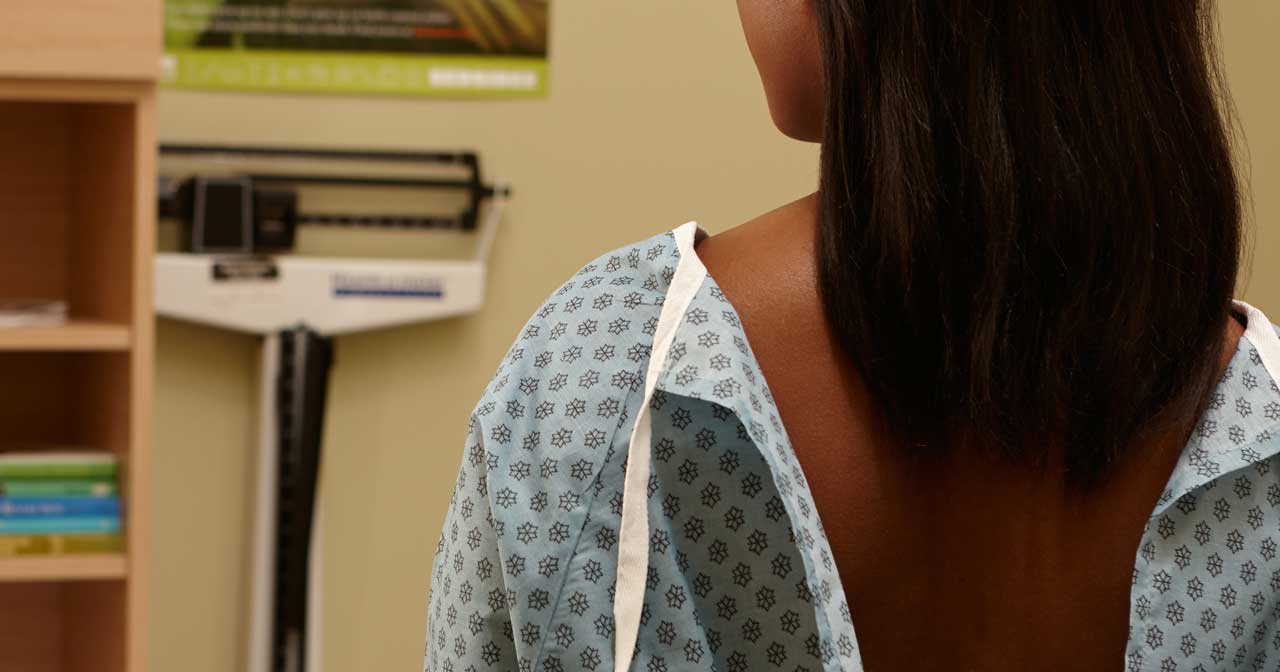Preventing HIV, one daily pill at a time
If you’re at high risk for HIV, PrEP could reduce your chances of infection and let you sleep easier.

PrEP stands for “pre-exposure prophylaxis,” which is a fancy way of describing something that can prevent an HIV infection if you take it before you’ve been exposed to the virus. Currently, a drug called Truvada is the only FDA-approved method for PrEP. Truvada is a daily antiretroviral (ARV) medication that prevents HIV from copying itself in the body. Researchers are studying how well other drugs work for PrEP too, so hopefully there will be more PrEP options in the near future.
Who is PrEP for?
Condoms are a great way to prevent HIV, but even people who use condoms every single time they have sex might want to take PrEP as an extra method of HIV prevention. PrEP is designed for individuals who feel like they are at high risk of HIV infection. That may include people who are:
- HIV negative but in a relationship with someone who’s living with HIV;
- thinking about becoming pregnant with a partner who’s living with HIV;
- exchanging sex for money;
- men who have sex with men;
- injection drug users; and
- transgender women.
How well does PrEP work?
If taken every day, PrEP is over 99% effective at preventing HIV. That means less than one in every 100 people who take PrEP consistently will get HIV. Truvada takes 7 days to become effective in anorectal tissue (the tissue in your butt) and 21 days to become effective in the tissue inside the vagina.
NOTE: PrEP only prevents the transmission of HIV, so if you’re using PrEP it’s important to also use condoms to prevent other STIs. People taking PrEP should see their health care provider every 3 months for routine STI and HIV testing.
How soon can I start taking PrEP?
It’s important to get tested for HIV and confirm you’re HIV negative before starting PrEP. Truvada is also used as part of a treatment regimen for HIV, but it can’t be used alone for treatment. This means if you’re already infected with HIV and take Truvada as PrEP, the virus could become resistant to the drug and the drug could become less effective. Your provider will choose an HIV test based on your risk for HIV, and you’ll have the results within a few days. Once you have a negative HIV test, you can start taking PrEP right away.
What if I miss a dose?
Ideally, you would take your PrEP pill at the same time every day. If you miss a pill and it’s been less than 12 hours from when you were supposed to take it, go ahead and take it as soon as you remember. If it has been over 12 hours, take the next day’s pill on time and don’t double up. The main impact of missing a pill is that you’re less protected from HIV. If you miss multiple doses in a row and have had a high-risk exposure, talk to your provider about getting re-tested for HIV or starting post-exposure prophylaxis (PEP).
What are the side effects?
Many people experience nausea during the first month of taking PrEP. Taking the daily dose with food can help minimize nausea during those first few weeks. When people living with HIV take Truvada as part of ARV therapy for years, it can have side effects on the kidneys and bone health. The jury is still out on whether these types of long-term side effects will happen to people who take this drug for PrEP. As a precaution, if you use Truvada for PrEP, your health care provider will keep an eye on your kidney health with periodic blood and urine tests.
Truvada also has the added bonus of treating hepatitis B infection. Your health care provider will test you for hepatitis B prior to start PrEP. If you have hepatitis B and take Truvada, check in with your provider before you stop taking it, since stopping Truvada can potentially cause hepatitis B to flare.
Can I take PrEP and drink or use drugs?
There are no known interactions between PrEP, alcohol, and recreational drugs. However, alcohol and drug use may impact your memory or ability to stick to your daily pill, and PrEP is most effective if you take it every single day.
Can I afford PrEP?
Most insurance plans will cover PrEP, meaning you should have only your normal co-pay for each prescription. If you have a high co-pay, public health insurance, or don’t have health insurance at all, check out the drug manufacturer’s assistance program. If you qualify for the program, they help you navigate complicated public insurance plans and may cover high co-pays or cover the medication entirely for uninsured folks.
If I start taking PrEP, do I have to take it for the rest of my life?
People’s lives change, and so does their risk level for HIV. You can take PrEP as long as it’s a benefit for you. If your risk for HIV goes down, it may make sense to stop taking PrEP. If you’re not sure, your health care provider can give you information to help you make the decision.
Want to learn more? Check out these videos of people explaining how PrEP fits into their lives. If you want to stay up on the latest in PrEP research, check out the Beta Blog.
How do you feel about this article?

Heat up your weekends with our best sex tips and so much more.
